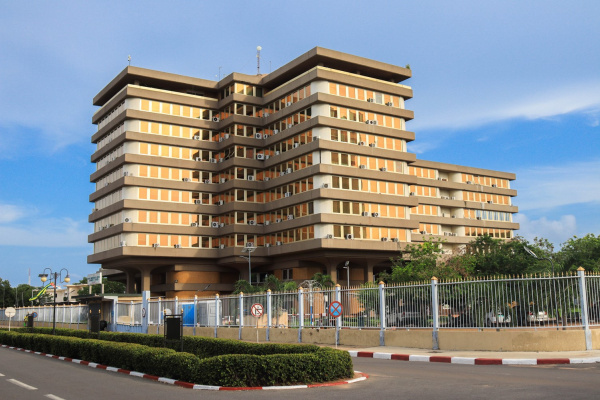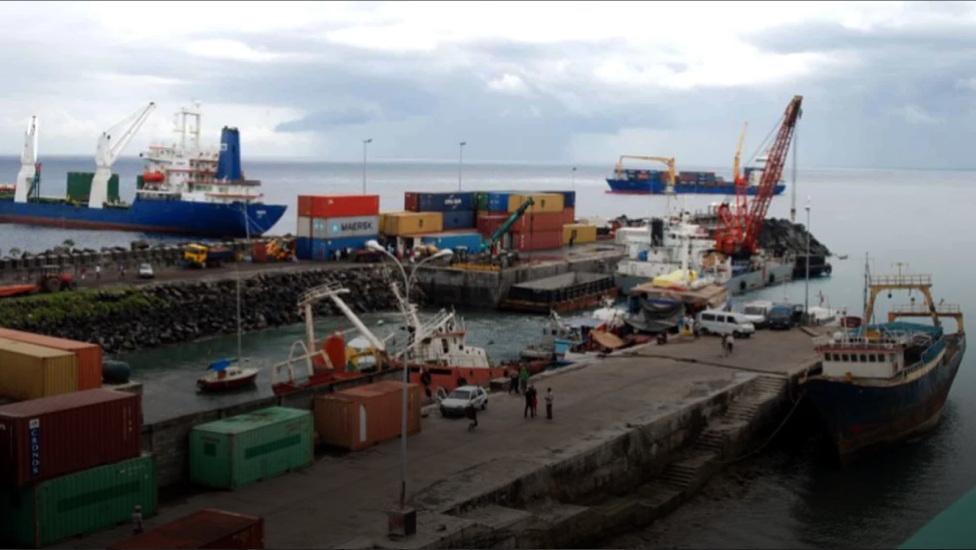AfrikanTrust
In Togo, the gleaming new villas sprouting on Lomé’s outskirts paint a picture of prosperity. But behind the facades lies a more complicated truth: the Togolese property market is booming, yet increasingly inaccessible to the average Togolese citizen. As the government intensifies its fight against money laundering in real estate, a deeper, more troubling question emerges—who is the property market really for?
On April 14, 2025, Togo’s government, in collaboration with the Intergovernmental Action Group against Money Laundering in West Africa (GIABA) and the African Development Bank (AfDB), launched a training workshop aimed at safeguarding the real estate sector from illicit financial flows. The initiative is part of a broader regional program—CD 4AML/CTF (Capacity Development for Anti-Money Laundering and Counter-Terrorist Financing)—which seeks to close regulatory loopholes that have allowed real estate to become a haven for dirty money.
Real estate in Togo, like across much of West Africa, is a highly cash-driven and informally structured sector. Over 60% of land transactions remain undocumented or conducted outside the formal banking system, leaving ample room for fraud, speculation, and the laundering of illicit funds. As Dr. Komla Edoh of the Ministry of Urban Planning pointed out, cleaning up the sector is not just a regulatory necessity but a “moral and economic imperative.”
The Real Cost of a Home. But beyond anti-money laundering compliance, the market’s pricing dynamics reveal a sobering reality. In Lomé and other urban centers, property prices have surged over the past decade, often far beyond the reach of average working Togolese. While a modest home in the city may cost between 20 and 50 million CFA francs (€30,500 to €76,000), Togo’s minimum wage remains fixed at just 52,500 CFA francs (€80) per month. Even for salaried workers earning above the minimum, mortgages are either non-existent or unaffordable due to high interest rates and a lack of financial products tailored to the local reality.
As a result, Togolese residents are increasingly locked out of the market they helped build. Many homes, especially in the newly developed parts of Lomé and Togo’s secondary cities, are not lived in by local families, but by wealthier members of the Togolese diaspora or foreign investors. For many in the diaspora, real estate is not only a sentimental return to their homeland—it is a relatively safe place to park money and build wealth. But for locals, it can feel like a land grab in slow motion.
Property as a Tool for Inequality. This skewed access to housing is not just an economic issue—it is a social one. As home ownership becomes the privilege of the few, frustration simmers among the majority who feel left behind. In some neighborhoods, this has already translated into tension over land access, speculation, and corruption among local officials issuing land titles or zoning approvals.
According to SYNAITO, Togo’s National Union of Real Estate Agents, this inequality undermines trust in the market. “We need to re-establish credibility,” a representative said during the recent workshop. “The perception that only those with external money or illicit funds can afford property here is eroding faith in the system.”
Furthermore, the informal nature of many land deals exposes ordinary citizens to fraud and exploitation. Unscrupulous middlemen, falsified documents, and overlapping claims on land are common. The lack of a centralized, digitized land registry only worsens the chaos. This situation disproportionately affects women and rural populations, who often have weaker legal protections or documentation.
A Chance for Reform. The government’s new push for transparency and traceability in property transactions could be the first step in rebalancing the sector. Among the proposals discussed in the workshop are mandatory registration of property deals, stricter verification of sources of funds, and digital monitoring tools to track transactions.
But regulation alone will not solve the affordability crisis. Broader reforms are needed—such as expanding access to affordable mortgages, creating public housing schemes, and investing in financial education so that more Togolese can participate in the market legitimately.
Diaspora investment should be embraced—but not at the expense of the local population. Encouraging co-investment schemes that pair diaspora capital with local builders or housing cooperatives could provide a way forward. Similarly, incentives for first-time homebuyers and land reform to clarify ownership rights could help democratize access to property.
Togo’s real estate sector stands at a crossroads. If left unchecked, it risks becoming a speculative arena that enriches a few and alienates the majority. But with the right policies—focusing both on transparency and inclusion—it could become a foundation for broad-based economic empowerment.
As the walls go up around new estates in Lomé, the question remains: will they shelter Togolese families—or lock them out?




